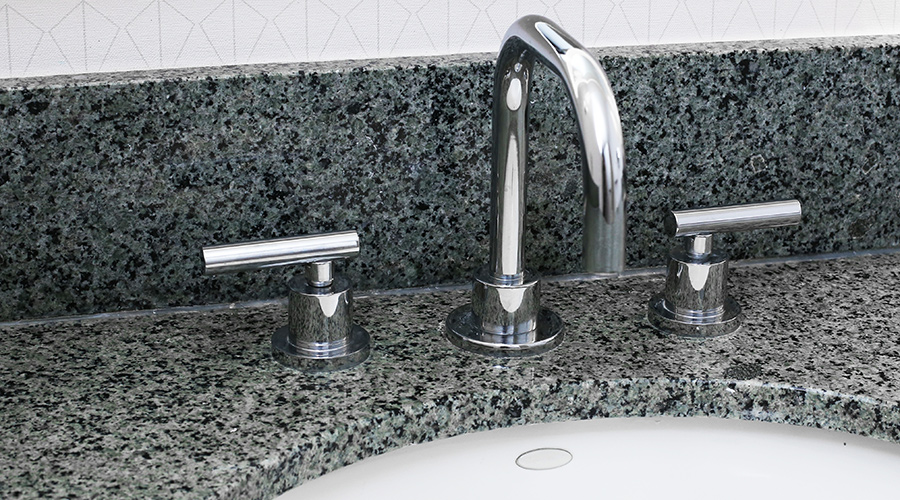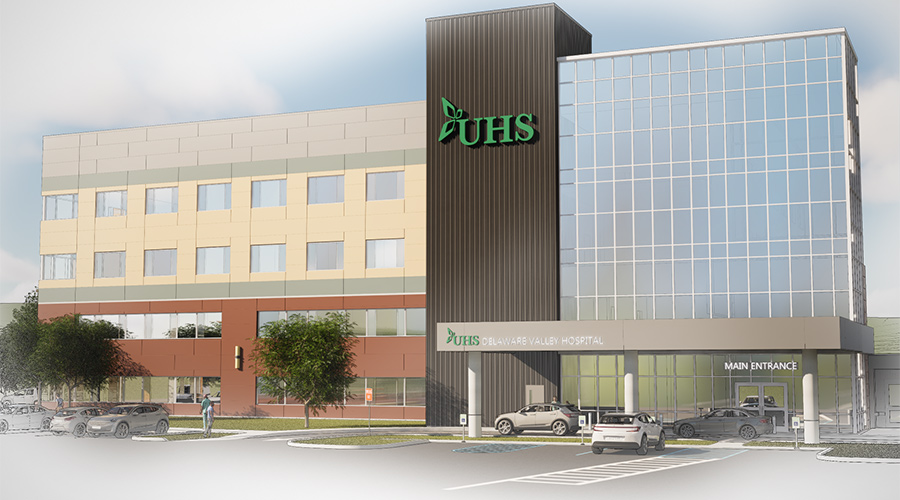To help hospitals treating patients with the novel coronavirus (COVID-19), Carrier Global Corporation (NYSE: CARR) today launched the OptiClean™ portable negative air machine, which cleans and removes air potentially contaminated by the virus. In a closed room, the machine uses high-efficiency particulate air (HEPA) filters, an air management system to significantly reduce the presence of coronavirus and other contaminants in the air, and flexible ducting to exhaust the filtered air. The machine creates negative pressure so that when the hospital room door is opened, air is pulled into the room from outside instead of letting potentially contaminated air out from the room. If negative pressure is not required, such as in an open-air, temporary hospital, the machine can be used as an air “scrubber,” pulling air in, removing many contaminants, and discharging cleaner air back into the room.
“During this global pandemic, it is essential that companies like Carrier do what we can to help stem the spread of the disease and protect caregivers, hospital workers, and patients,” said Carrier President & CEO Dave Gitlin. “Carrier’s strength lies in the expertise, creativity and passion of our employees to solve some of society’s most challenging problems. I am so proud of our team for identifying a need and quickly developing an innovative solution that will have an immediate impact for hospitals throughout the country.”
Reducing Risk in Hospitals
While hospitals generally have air filtration systems that reduce the spread of infectious diseases, those systems might only be available in certain sections of the hospital. The rate at which COVID-19 spreads has put inordinate strain on hospitals in the most affected cities, where there are more COVID-19 patients than there are infectious isolation rooms. As a result, hospitals have had to convert rooms that were not intended for patients with infectious diseases, and new field hospitals have been established that are not equipped with hospital-level air filtration.
“The Carrier negative air machine fills a significant need in these critical situations when it is necessary to create a negative offset in temporary facilities,” said Mark Schwartz, Director of Facilities at the University of Rochester Medical Center, which trialed the machine. “As the number of coronavirus cases continues to grow, facilities must expand their capacity to treat patients in spaces that typically do not have the same air handling capabilities as hospital rooms, which are specifically designed for treating airborne infectious diseases. Solutions from Carrier like the OptiClean are necessary to effectively remove contaminants from the air, create negative pressure within the patient care space while protecting the adjacent areas, and slowing the spread of the disease.”
Development and Distribution
Carrier began developing the OptiClean in late March. After quickly and successfully testing prototypes in Carrier facilities, the company began field trials in hospitals across the country and expects to begin shipping units shortly. The machines are portable, plug into a normal wall outlet, and sit on wheels that enable hospitals to move them to rooms as needed.
“Using existing Carrier fan coil technology and working with suppliers to quickly secure additional raw materials, we’ve thrown away the playbook to ramp up testing and production to get machines deployed as fast as possible,” said Chris Kmetz, Carrier’s vice president of engineering. “Going forward, with professional installation OptiClean could be used in homes, businesses, assisted living facilities and elsewhere to provide cleaner air and protect vulnerable populations and communities.”
For more information, visit www.Carrier.com/commercial.
May 19, 2020
Topic Area: Infection Control
Recent Posts
 From Downtime to Data: Rethinking Restroom Reliability in Healthcare
From Downtime to Data: Rethinking Restroom Reliability in Healthcare
Manufacturers discuss the operational issues plaguing healthcare restrooms and how to shift maintenance from reactive to resilient.
 LeChase Building Four-Story Addition to UHS Delaware Valley Hospital
LeChase Building Four-Story Addition to UHS Delaware Valley Hospital
It will consolidate services into a state-of-the-art Medical Neighborhood.
 AdventHealth Sebring Breaks Ground on Expansion Project
AdventHealth Sebring Breaks Ground on Expansion Project
Construction is scheduled to begin in March and is anticipated to be completed in Fall 2027.
 Regulations Take the Lead in Healthcare Restroom Design
Regulations Take the Lead in Healthcare Restroom Design
Infection-control guidance and water management standards drive earlier planning, smarter fixtures and more resilient restroom environments.
 AHN Allegheny Valley Hospital Opens Expanded Inpatient Rehabilitation Unit
AHN Allegheny Valley Hospital Opens Expanded Inpatient Rehabilitation Unit
Construction began in July 2025 and included 12 new inpatient rehabilitation beds, bringing the unit’s total to 29.